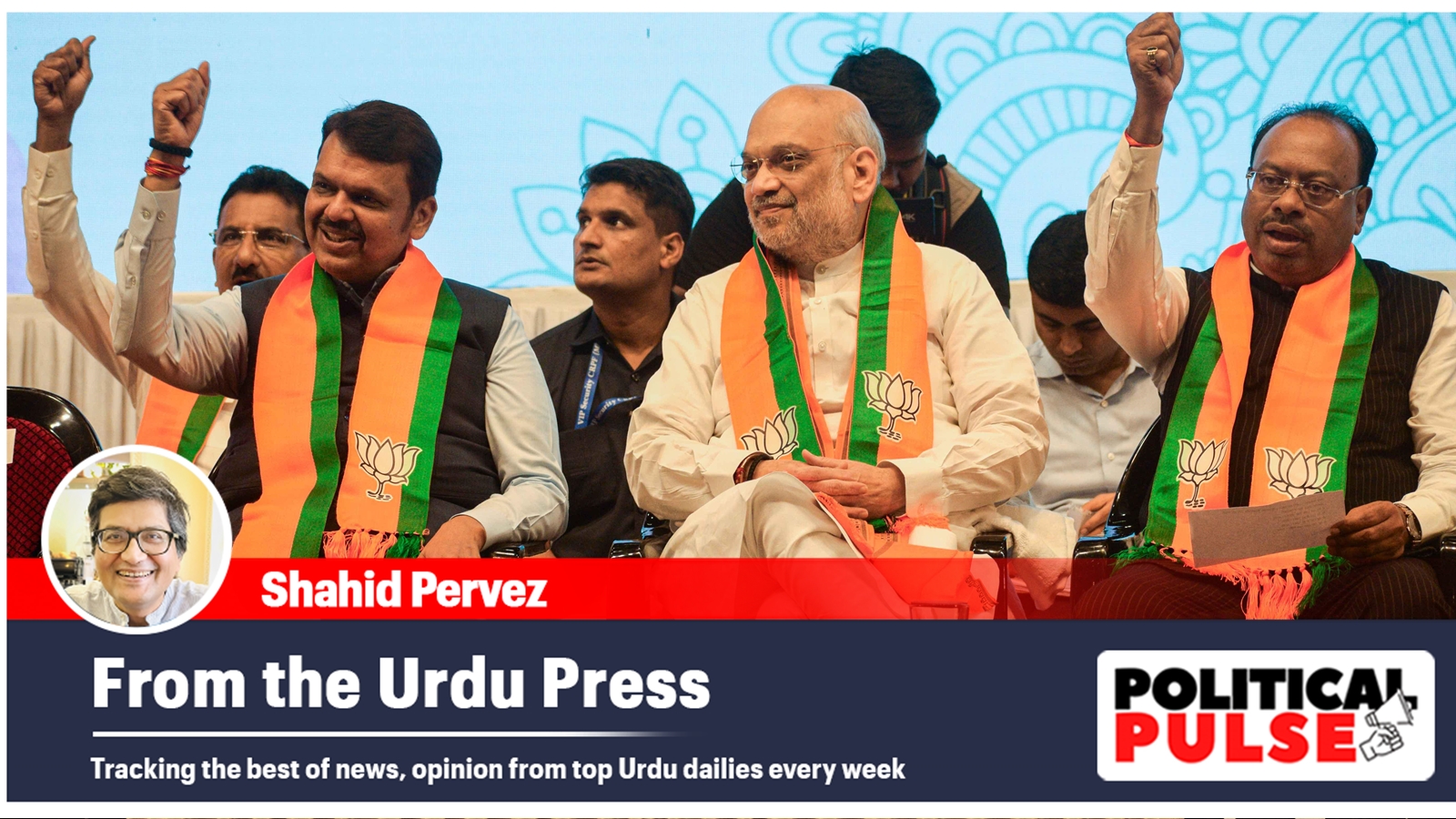 |
|
The Urdu press in India offers a nuanced perspective on the upcoming Maharashtra and Jharkhand elections, highlighting the pivotal role of the Congress and BJP in the former. The Mumbai-based Urdu Times asserts that the duel between these two parties will determine the outcome of the Maharashtra polls, with the Vidarbha region, a key cotton belt, serving as a crucial battleground. The editorial emphasizes the importance of Vidarbha, where both parties are engaged in a direct fight in 36 out of 62 seats, and where key leaders from both sides are vying for victory. The paper acknowledges the Congress's improved performance in the recent Lok Sabha elections, but cautions against complacency, suggesting that the BJP's well-strategized approach might lead to a different result in the Assembly polls.
Meanwhile, the Hyderabad-based Siasat focuses on the controversial remarks made by actor and BJP leader Mithun Chakraborty. The editorial critiques Chakraborty's alleged hate speech against the Muslim community, highlighting his recent elevation to a national icon with the Dadasaheb Phalke Award. The paper points out that while some actors have transitioned into politics with integrity, Chakraborty's actions are a departure from the ideals he initially espoused upon entering politics. Siasat calls for Chakraborty's prosecution, emphasizing the unacceptability of his inflammatory rhetoric, which further fuels a worrying trend of hate speech among BJP leaders. The editorial condemns the actor-politician's use of the term 'masnad', implying a desire for power through potentially violent means, and underlines the detrimental impact of such rhetoric on Indian democracy.
The Bengaluru-based Salar delves into the ongoing debate surrounding the delay in India's Census and its implications for national politics. The editorial highlights the government's decision to postpone the Census, initially scheduled for 2021, due to the Covid pandemic. The paper notes the opposition INDIA bloc's persistent pressure on the BJP-led NDA government regarding this issue, stressing the Census's vital role in data collection for various socio-economic indicators, including fund allocation. The editorial points to the impending delimitation exercise in 2027, which is intricately linked to the Census data. The article highlights the government's intent to hold the next Lok Sabha elections in 2029, with redrawn constituencies based on the 2026 Census data, a move that has raised concerns about its impact on electoral representation. The editorial also discusses the controversy surrounding the proposed delimitation, which has triggered a conflict between northern and southern states, with the latter expressing apprehensions about potential loss of parliamentary seats due to their effective implementation of population control measures.
The article concludes by mentioning the ongoing demand for a national caste census, supported by some NDA allies, and the impending implementation of the women reservation law in the next Lok Sabha elections. The editorial stresses the multiple expectations and anxieties surrounding the Census, making it a formidable challenge for the government to navigate. The Urdu press, through its analysis of these crucial issues, offers valuable insights into the political landscape of contemporary India.
